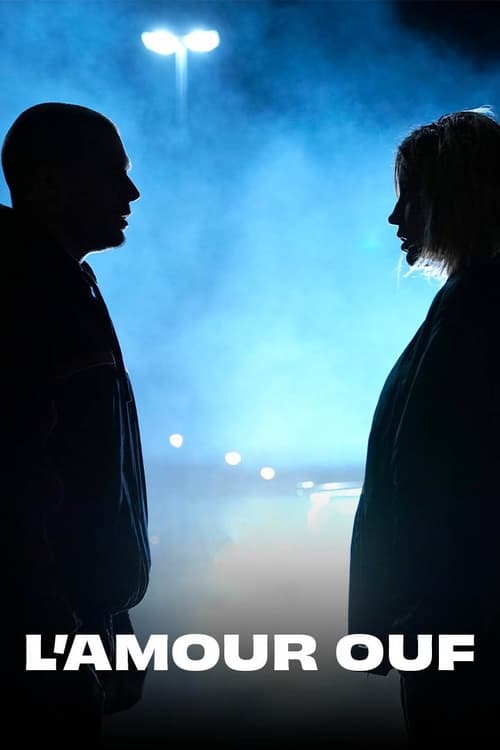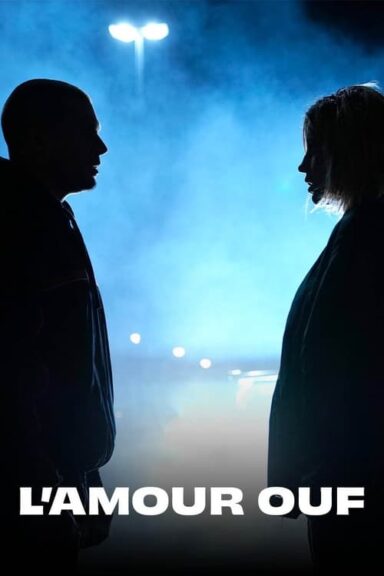
A film by Gilles Lellouche
With: François Civil, Adèle Exarchopoulos, Malik Frikah, Mallory Wanecque, Alain Chabat, Anthony Bajon, Jean-Pascal Zadi, Benoît Poelvoorde, Vincent Lacoste, Élodie Bouchez
1980s. Northern France. Jackie and Clotaire grow up in the same town, at the same high school, around the same harbour docks. She studies, he bunks off. Then their paths cross and they fall madly in love. Life tries its best to keep them apart, but they are like two halves of the same beating heart…
Our rate: *(*)
Quentin Dupieux‘s laziness prompted us to imitate him. Since his Second Act is based on very little, it seemed logical not to say much about it. The pleasant initial idea is worth a film, so we might as well leave it at that. For Gilles Lellouche‘s Beating hearts, the starting point is quite different. It would be quite wrong to say that this film, which clocks in at nearly 3 hours, has no cinematographic elements – or feats of directing, as is also the case with Audiard or Serebrennikov this year – that stand out. But as Godard said, You’re talking about close-ups and tracking shots, but I’m talking about … – we cut deliberately to reattribute the quotation to ourselves – what? In the service of what?
As you can see, we prefer more intimate, more poetic, more profound gestures to filmmakers who have little to say other than to put stale, impersonal stories on film – and try to do it well, though. Gilles Lellouche probably shares with us the rather tasteful mainstream music, from the Cure to Prince, that probably lulled him and built him up emotionally, but apart from that, what he has to say about love has nothing Rohmerian, Truffaldian or Godardian about it to pour into the new wave; At the opposite end of the spectrum from Sautet, Oliveira, Ruiz or even Gondry, if Beating Hearts were to be classified as a romantic film, it would be much closer to Jean-Paul Rappenaud, a rather well-told story of people in love, whose sufferings are not so Wertherian. But that’s not the problem. The first hour and a half of the film is a pleasant watch, aided and abetted by the soundtrack and the surplus of images that compensate for or mask the aforementioned shortcomings. The problem lies in the very nature of the film, and the fact that it has been parachuted into the official competition – our view would be different if the film didn’t have a purely artistic claim to an award. Laconically, we couldn’t help but tweet: “Well, we gave the product a chance. #beatinghearts at #cannes2024 not beating so much …
A big French production, a cut above Richet‘s Mesrine in artistic terms, but still a bandit movie. »

